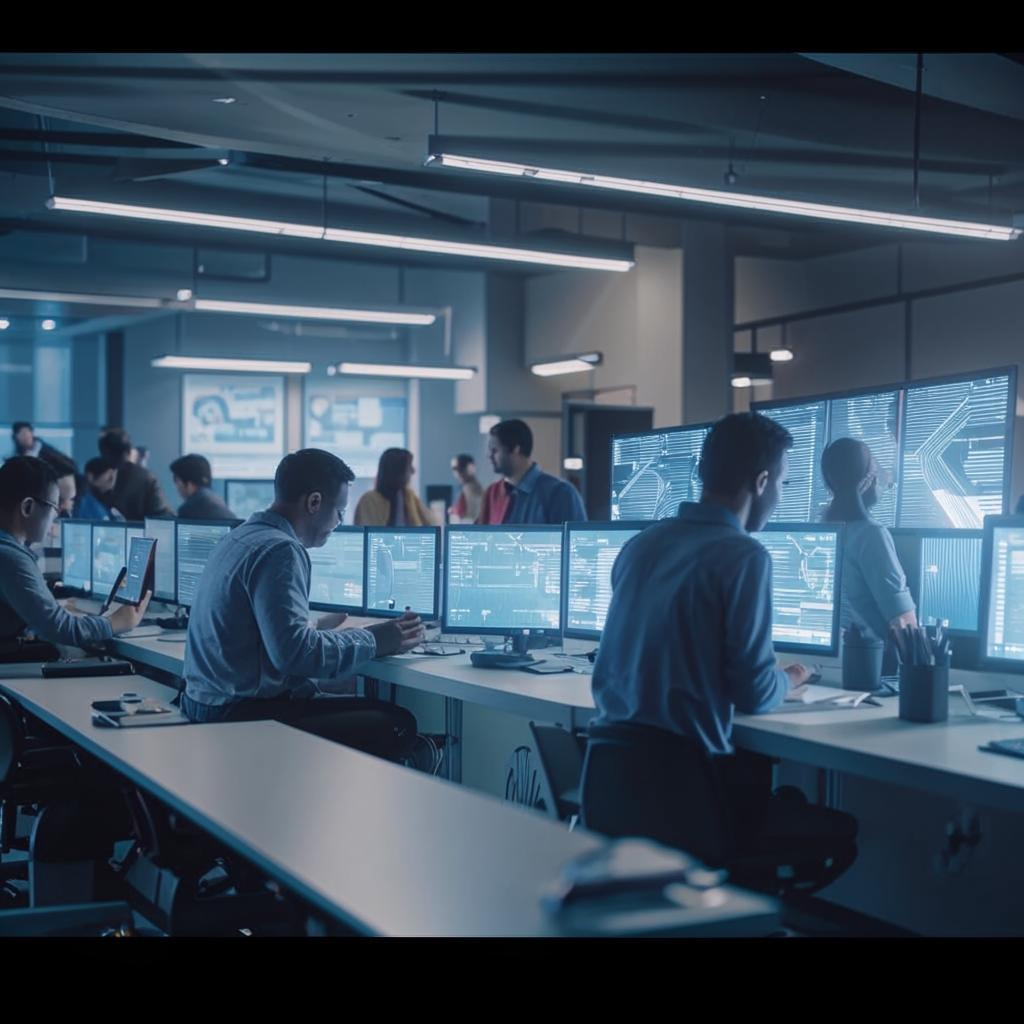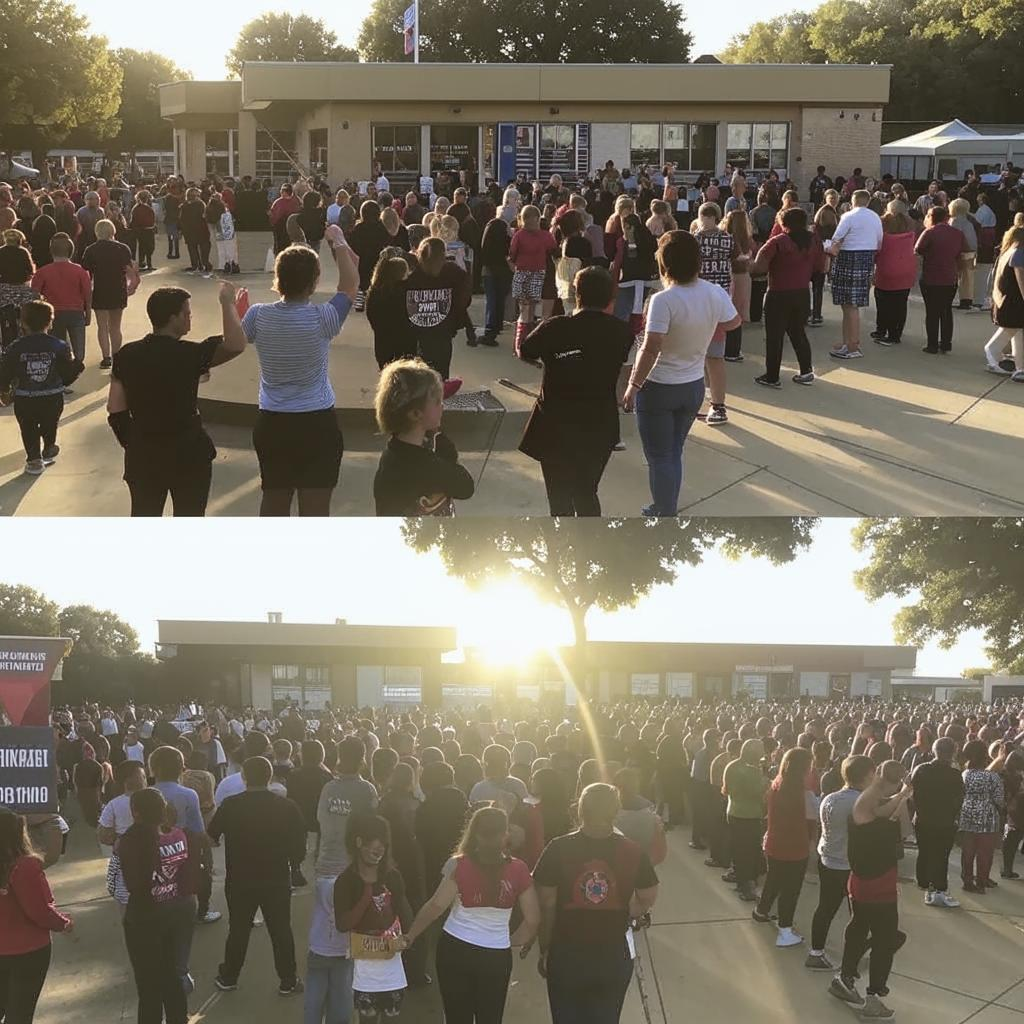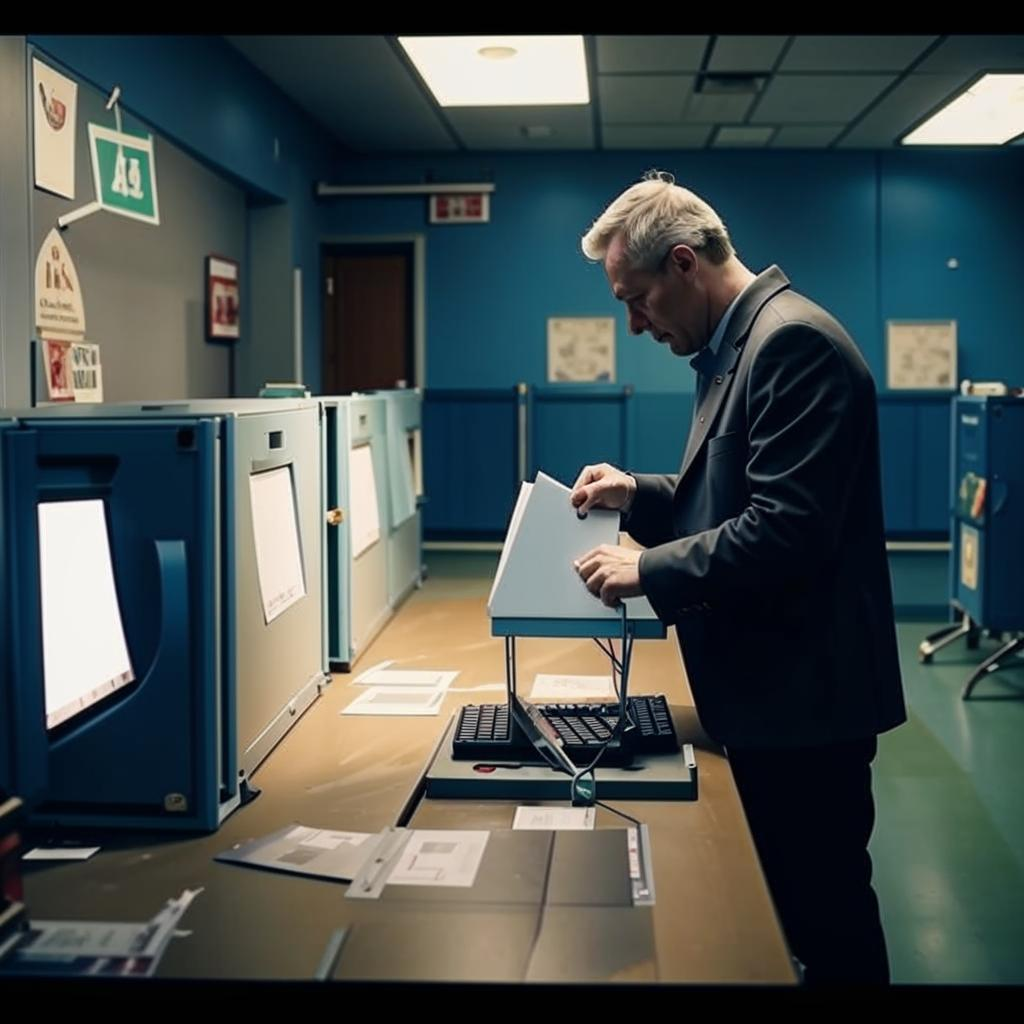The relentless march of artificial intelligence across industries is forcing a large-scale adaptation in the workforce. Workers are increasingly aware of the need to acquire new skills, or “reskill,” to remain relevant and competitive in an evolving job market. This urgency is driven by the automation of routine tasks and the emergence of AI-powered tools that are transforming traditional job roles.
Reports and surveys indicate a significant skills gap, with employers struggling to find candidates who possess the competencies required for emerging positions. This gap is particularly pronounced in areas such as data science, artificial intelligence, cloud computing, and cybersecurity. Governments and educational institutions are responding with initiatives aimed at providing reskilling opportunities, including online courses, vocational training programs, and apprenticeships.
However, challenges remain. Many workers face barriers to participation, including financial constraints, lack of time, and a perceived difficulty in acquiring new skills. Furthermore, the rapid pace of technological change means that skills learned today may become obsolete tomorrow, requiring a commitment to lifelong learning. Experts argue that a collaborative approach involving governments, businesses, and educational institutions is essential to effectively address the reskilling challenge and ensure that workers are equipped to thrive in the AI era. The future of work depends on the ability to adapt and embrace continuous learning.














